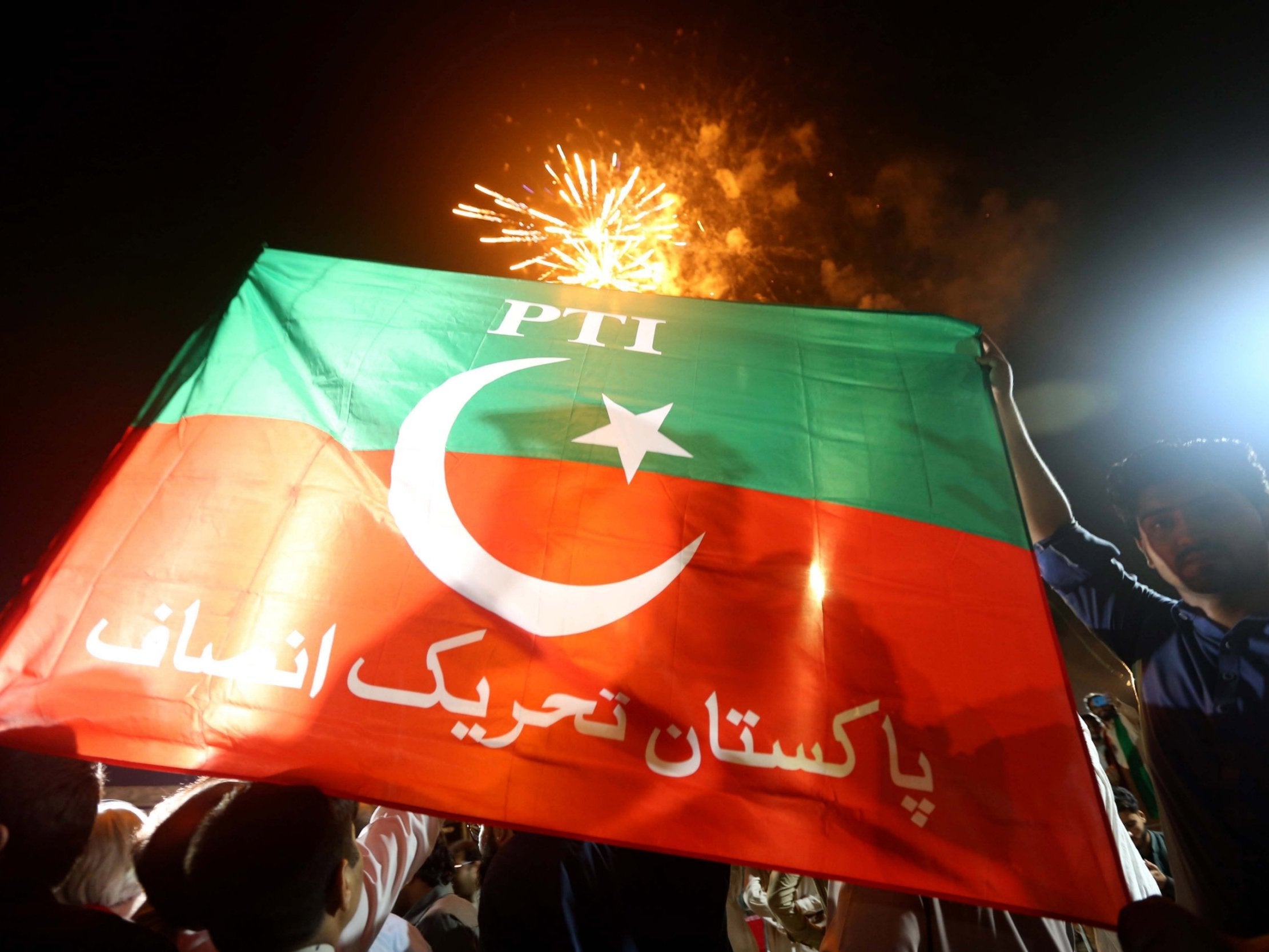Pentagon cancels $300m in aid to Pakistan over failure to tackle militants
'They are squeezing them when they know that they’re vulnerable'

Your support helps us to tell the story
From reproductive rights to climate change to Big Tech, The Independent is on the ground when the story is developing. Whether it's investigating the financials of Elon Musk's pro-Trump PAC or producing our latest documentary, 'The A Word', which shines a light on the American women fighting for reproductive rights, we know how important it is to parse out the facts from the messaging.
At such a critical moment in US history, we need reporters on the ground. Your donation allows us to keep sending journalists to speak to both sides of the story.
The Independent is trusted by Americans across the entire political spectrum. And unlike many other quality news outlets, we choose not to lock Americans out of our reporting and analysis with paywalls. We believe quality journalism should be available to everyone, paid for by those who can afford it.
Your support makes all the difference.The Pentagon has cancelled $300m (£230m) worth of aid to Pakistan for a perceived failure to decisively fight back against militants.
The decision came months after Donald Trump suggested that the US has repeatedly helped Pakistan, only to be rewarded with “nothing but lies and deceit”.
Earlier this year the US Congress stripped $500m (£365m) in coalition support funds from Islamabad, meaning it has now removed $800m (£616m) in total.
The US military said that it will now ask Congress for approval to re-appropriate those funds for other priorities.
The Trump administration has claimed that Pakistan is granting safe haven to insurgents who are waging a 17-year-old war in neighbouring Afghanistan, a charge the country has denied.
“Due to a lack of Pakistani decisive actions in support of the South Asia Strategy the remaining $300 (million) was reprogrammed,” Pentagon spokesman Lieutenant Colonel Kone Faulkner
The money will be spent ”other urgent priorities” if approved by Congress, he added.
The decision is likely to increase pressure on Islamabad’s security apparatus as Pakistan’s economy continues to struggle, experts have said.
“It is a calibrated, incremental ratcheting up of pressure on Pakistan,” said Sameer Lalwani, co-director of the South Asia program at the Stimson Centre think tank in Washington.
Pakistan’s leadership in the country is reportedly considering applying for a bailout from the International Monetary Fund (IMF), an international body in which the US has the most number of votes.
“They are squeezing them when they know that they’re vulnerable and it is probably a signal about what to expect should Pakistan come to the IMF for a loan,” Mr Lalwani said.
Pakistan’s new prime minister, Imran Khan, who has suggested he would shoot down US drones if they enter Pakistani airspace and has been critical of the open-ended US war in neighbouring Afghanistan.
His country has received more than $33bn in US assistance since 2002, including more than $14bn from a fund set up to help allies that incur military costs as they help with counter-insurgency operations.
Reuters contributed to this report
Join our commenting forum
Join thought-provoking conversations, follow other Independent readers and see their replies
Comments